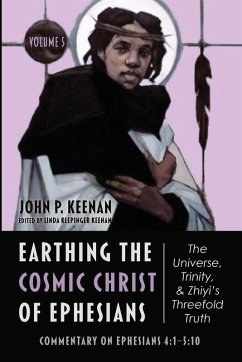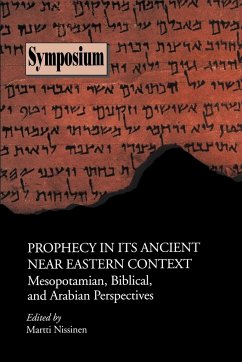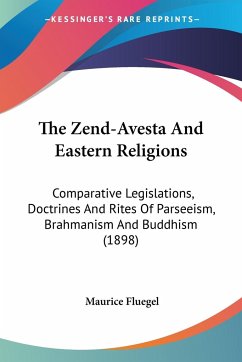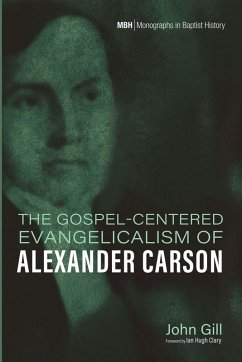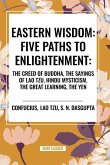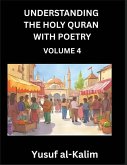This series reads Ephesians within its post-Paul trajectory but considers it also in light of a Mah¿y¿na Buddhist hermeneutic that is likely unfamiliar to most New Testament scholars. New Testament specialists rarely stray into theological issues outside the Jewish-Christian context, although that context itself is more and more distant from readers today. Academicians are prone to make universal affirmations and claims, and yet it seems that few scholars of Christianity consider the theological universe that exists beyond the bounds of their own familiar guild. And the rare attempts to look East beyond those bounds often result in caricatures of Buddhists and their teachings, much as early New Testament scholars caricatured ""the Jews."" Even more commonly, such distant, foreign traditions and their theologies are simply ignored, as though the history of the Christian presence in the eastern Mediterranean basin were coterminous with the entire world of meaning. Certainly, one is no more likely to make a name in New Testament scholarship by pondering Chinese Buddhism than to become famous in the field of Buddhology by engaging with a Greek New Testament text. Nevertheless, it is good fun. --John P. Keenan
Bitte wählen Sie Ihr Anliegen aus.
Rechnungen
Retourenschein anfordern
Bestellstatus
Storno

